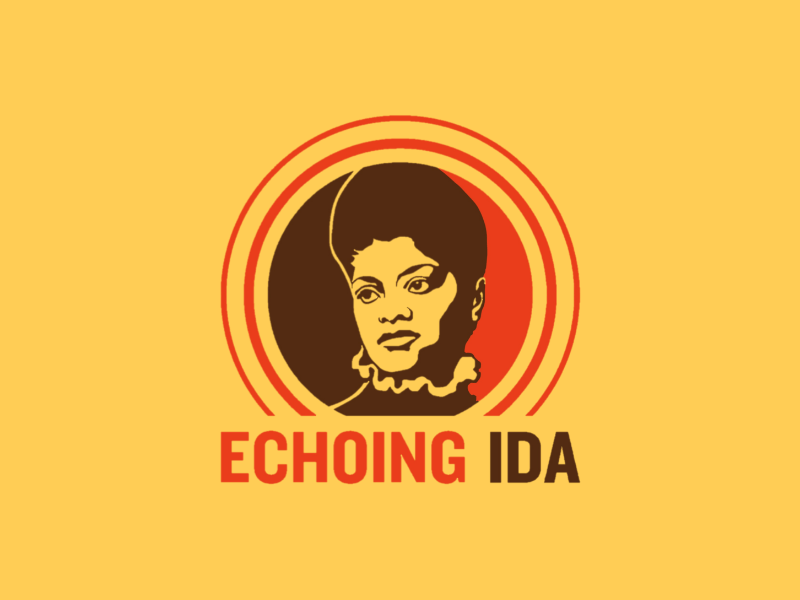
Chronic Pain, and the Denial of Care for Black Women
March 4, 2014I have spent the better part of this millennia in and out of hospitals with consistent and unexplainable kidney infections, fevers, and severe joint pain. While I was in college, doctor after doctor shrugged their shoulders and sent me home without a diagnosis and occasionally a day’s worth of pills for pain management. Regardless of who I saw, doctors eyed my frequent emergency room visits with suspicion, and I was referred to a therapist and/or psychiatrist on more than one occasion.
When I was in graduate school in Chicago, I was diagnosed with lupus. While lupus is a notoriously difficult diagnosis, there is quite a bit of evidence that women are generally taken less seriously, and even treated with suspicion, when they show up in the emergency room with pain as a primary symptom.
I never had any problem with pharmacists or doctors during the six years I lived in Chicago, but after I moved to Virginia to finish my dissertation in 2012 I was frequently accused ofbeing a drug seeker, doctors refused to treat me, and pharmacists regularly interrogated me. My not uncommon story—stories of being profiled when attempting to get pain management, are common in my lupus support group—is a kind of discrimination that is not only painful, but life-threatening. As long as stereotypes and racism get in the way of diagnosis and treatment, young women and women of color will continue to receive substandard care.